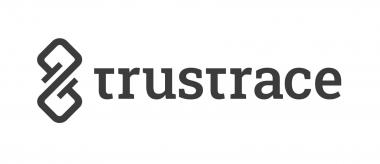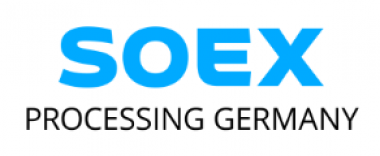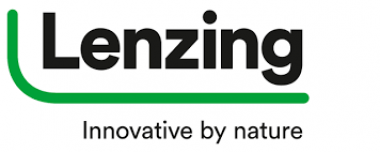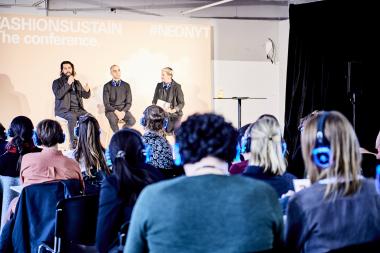HEREWEAR ist Gewinner der Cellulosefaser-Innovation des Jahres
Das Nova-Institut für Ökologie und Innovation vergab im Rahmen der „International Conference on Cellulose Fibres 2024“ in Köln den ersten Platz des Innovationspreises an die Projektpartner des EU-geförderten Projektes HEREWEAR. Vorgestellt wurde ein Kleid aus Cellulosefasern, das vollständig aus Strohzellstoff hergestellt worden ist.
HEREWEAR ist ein EU-weites Forschungsprojekt, bei dem sich Partner aus Forschung und Industrie zusammengefunden haben. Sie arbeiten an der Etablierung einer europäischen Kreislaufwirtschaft für lokal produzierte Textilien und Bekleidung aus biobasierten Ausgangsstoffen.
Das HEREWEAR-Konsortium ist dabei von klein- und mittelständischen Unternehmen geprägt und wird durch Forschungseinrichtungen ergänzt. Dabei deckt HEREWEAR die gesamte erforderliche Expertise und Infrastruktur aus akademischer bzw. angewandter Forschung und Industrie aus neun EU-Ländern ab.
Der Ansatz in Herewear umfasst technische und ökologische Innovationen in der Herstellung der Fasern, Garne, Gewebe und Gestricke und Bekleidung ebenso wie die Nutzung regionaler Wertschöpfungsstrukturen und eine kreislauffähige Entwicklung der Modeartikel.
Die technische Grundlage bilden neue Technologien für das Nass- und Schmelzspinnen von Zellulose und biobasierten Polyestern, z.B. PLA, aus denen Garne und Stoffe hergestellt werden. Beschichtungs- und Färbeverfahren konnten im Rahmen des Projektes entwickelt und erprobt werden. Neben der Verringerung des Product Carbon Footprints ist die Reduzierung der Mikrofaserfreisetzung innerhalb des gesamten textilen Herstellungsprozesses und des Lebenszyklus ist ein weiteres ökologisches Ziel.
Eine Verbesserung der Nachhaltigkeit und Kreislauffähigkeit der entwickelten Bekleidung ist durch Design for Circularity und durch digital vernetzte Produktionsmittel gewährleistet. In sogenannten „Microfactories“ wird eine „On-Demand Fertigung“ realisiert, die individualisiert und nur für den tatsächlichen Bedarf produziert. Diese Fertigungsweise kann gerade durch regionale, vernetzte Wertschöpfungsketten geleistet werden und ermöglicht die Rückverfolgbarkeit von Materialien und Verarbeitungsprozessen.
Das auf der Preisverleihung präsentierte Kleid zeigt die Zusammenarbeit und die unterschiedlichen Qualifikationen der Projektpartner: TNO (Niederländische Organisation für Angewandte Naturwissenschaftliche Forschung) stellte nachhaltig erzeugten Zellstoff zur Verfügung. Die Herstellung der HighPerCell-Fasern erfolgte in den Spinntechnika der DITF. Gleichzeitig entwarfen die Designerinnen des Modelabels Vretena das Design für das flexible, zweiteilige Kleid, welches ohne Zuschnittabfälle formgestrickt werden kann. Textilexperten der DITF entwickelten zusammen mit den Designerinnen das Strickmuster. Die Gestrickherstellung und die Konfektion des Kleides erfolgte durch Textilingenieure und -techniker der DITF im Technikum der Institute. Informatiker und Ingenieure der DITF erstellten die „Value Chain“ und „Digital Twins“ für die digitale Rückverfolgung der Produktionsprozesse.
Der Innovationspreis wurde das HEREWEAR-Konsortium für seine gemeinsame Leistung verliehen. Vertreter der DITF und der Firma Vretena nahmen die Auszeichnung stellvertretend für die Partner des EU-Projektes in Empfang.
Deutsche Institute für Textil- und Faserforschung (DITF)

























